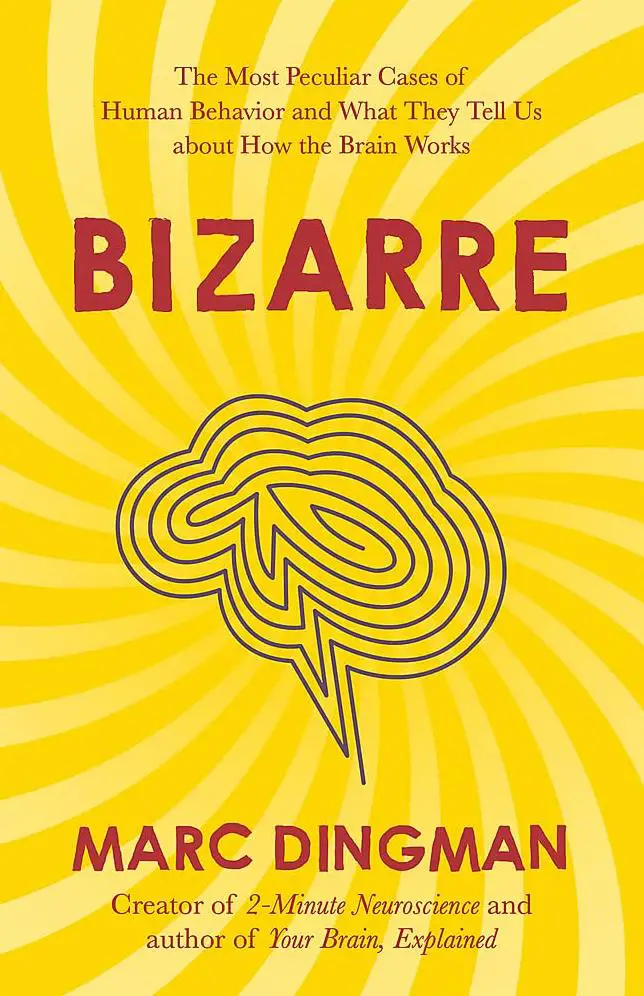The neuroscience of self-control
In the 1960s, a psychologist at Stanford named Walter Mischel began a series of experiments exploring the dynamics of self-control in children. In one such experiment, Mischel gave preschoolers the choice between two outcomes, one of which was clearly preferable. For example, they were able to choose between 2 marshmallows and 1 marshmallow (the experiments became known as the Stanford marshmallow experiments for this reason).
But there was a catch. The experimenter would tell the children that he had to leave the room for a short period of time. In the best-known version of the experiment, the child was forced to sit in the room with the less appealing prize (e.g. just 1 marshmallow). However, the only way the child could get the two marshmallows is if she waited until the experimenter returned (about a 15-minute period) and did not eat the one marshmallow before that point.
The experiment was designed to measure delay of gratification. Would the child wait 15 minutes or would she give in and eat the marshmallow, knowing it meant she had to forego the ultimately more rewarding outcome of receiving two marshmallows? Mischel found, as would be expected, that there was a lot of variability in the capacity of children to delay their gratification to obtain a more valuable prize. Some ate the one marshmallow right away, not being able to subdue their desire for even a few minutes. About 1/3 of participants waited the entire 15 minutes to get the second marshmallow.
But the really interesting part about this experiment came when Mischel et al. followed up with these kids about 10 years later. They found that the kids who showed the most self-control as preschoolers were, in adolescence, rated by their parents to be more verbally fluent, attentive, competent, skillful, academically successful, socially adept, and better at dealing with frustration. What's even more interesting is that the amount of time the children were able to delay their gratification was correlated with their SAT scores. A number of other studies have since found associations between this early ability to delay gratification and later measures of intelligence, academic success, and even body mass index.
Neuroscience of self-control
It has been hypothesized that the ability to delay gratification is dependent on a push-pull relationship between the frontal cortex and the limbic system. The frontal cortex (and especially the prefrontal cortex) is frequently associated with planning and decision-making. Thus, it may be that this is the area of our brain that allows us to realize the value of being patient and waiting for a less immediate, but overall more satisfying, reward. Interestingly, in people who are addicted to drugs like methamphetamine or heroin, we tend to see reduced activity in the prefrontal cortex, suggesting that part of their difficulty in achieving abstinence might be due to a decreased ability to appreciate the value of a long-term reward like being drug-free.
When we consider a short- vs. long-term reward, however, another part of our brain becomes active as well. The limbic system, which contains several structures and is known for its involvement in emotional processing, is also activated. The limbic system is often implicated in "gut" responses to things, whether aversive or pleasurable. Thus, when we see or think about a valuable reward, the limbic system responds by pushing us to get it. The limbic system takes more of a primitive approach, telling us to chase after those things that feel good and avoid those that feel bad. It may be responsible for the impatience associated with short-term reward seeking.
Improving self-control
The ability to delay gratification is an important part of a healthy and satisfying life. It allows us to skip the fatty food to have a healthy snack, lets us stop after the first drink instead of having the second (and third, fourth, etc.), and encourages us to accomplish what we need to at work before opening up the web browser to peruse Facebook. Because it is such a valuable skill, researchers are interested in figuring out how we can improve it.
The research suggests that one important part of improving self-control is setting specific and realistic goals. Goals should be designed based on your internal motivation (in other words it should be something you--not somebody else--wants you to do), otherwise they tend to be less effective. It is most effective to set goals that are meant to be achieved within a certain time frame, as this allows you to monitor progress at specific intervals. Research suggests that just the act of setting a specific and attainable goal improves self-control.
The next step after setting a goal is to monitor your performance. It's important to pay attention to actions that conflict with achieving your goal. However, it's equally important to accept any deviations from the intended course of action as learning opportunities instead of looking at them as failures. Being compassionate about your slip-ups increases the probability that you will eventually reach your goal; this has been seen, for example, in studies of smokers and dieters.
Along the way, it can be helpful to develop specific behavior plans relating to your goal. Creating a schedule that determines when, where, and how you will exercise the behavior needed to reach your goal can help you actually follow through on that behavior. For example, deciding that you will run on the treadmill for 30 minutes right after work on Monday, Wednesday, and Friday is more effective than deciding you will use the treadmill a few times a week, but not determining when and for how long.
Although a propensity toward stronger or weaker self-control can be seen at a young age, research suggests that self-control is a skill that can be improved with practice. So, regardless of how inactive your prefrontal cortex might be in relation to your limbic system, and even if at preschool age you would have been more likely to eat the one marshmallow than wait 15 minutes for the second, with a little work and some good goal-setting anyone really can enact changes in their behavior.
Inzlicht, M., Legault, L., & Teper, R. (2014). Exploring the Mechanisms of Self-Control Improvement Current Directions in Psychological Science, 23 (4), 302-307 DOI: 10.1177/0963721414534256

